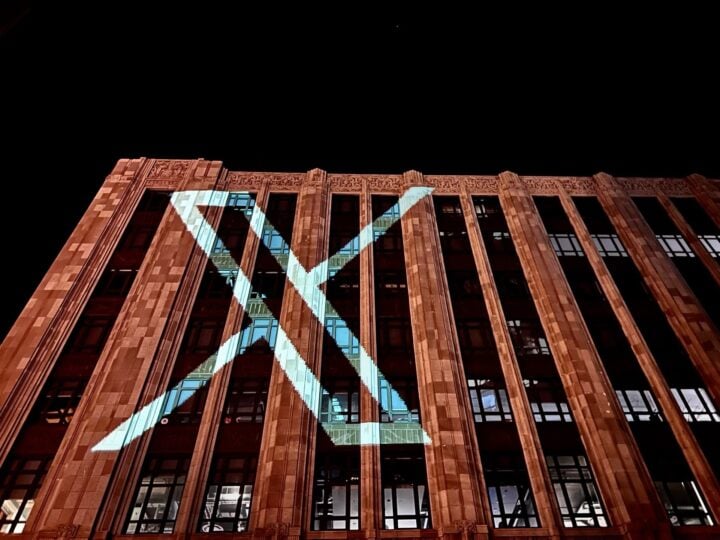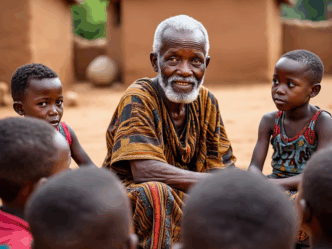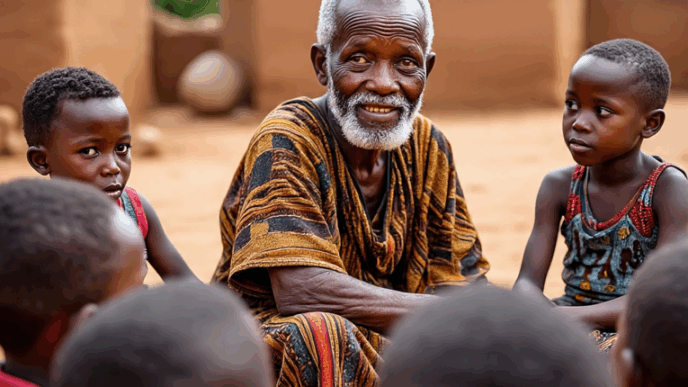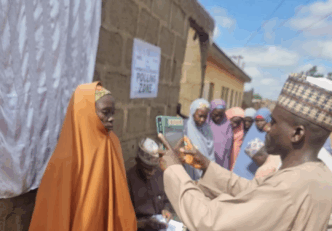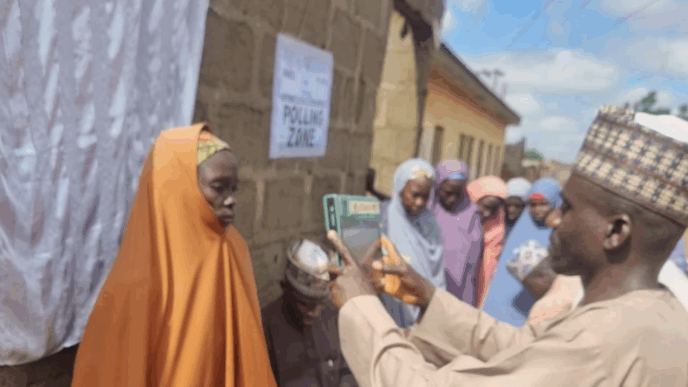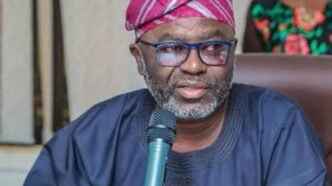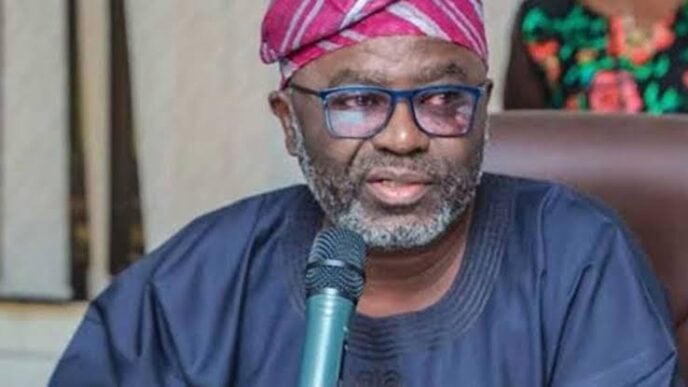BY STANLEY AJILEYE
By all visible indicators, party politics in Nigeria has devolved into a theatrical performance where the actors keep changing roles, costumes, and even scripts—depending not on ideology or conviction, but on the aroma of proximity to power and the promise of “stomach infrastructure.” In a saner clime, political parties are ideological platforms—vehicles for philosophical doctrines and national visions. In Nigeria, they are more akin to commercial buses: hop in, hop out, no destination in mind, just make sure the fuel tank is filled with federal appointments and contracts.
It is no longer surprising—nor scandalous—that a politician who was yesterday denouncing Party A as a cabal of corrupt charlatans, is today their chief spokesman, singing praises louder than a Pentecostal choir on a revival night. It would be hilarious if it weren’t so tragic.
Let us be brutally honest: ideology is dead in Nigerian politics. In fact, one might argue that it was never truly born. Political parties in Nigeria rarely rise from a foundation of belief systems or public service philosophy; instead, they are cobbled together by disgruntled political gladiators seeking new platforms to repackage their ambitions. The result is a political culture of convenience, not conviction.
Compare this with functioning democracies around the world. In the United States, you may not agree with the Republicans or the Democrats, but at least you know what they stand for. The Republicans lean conservative—pro-business, religious, and traditional—while the Democrats champion progressive causes, social welfare, and minority rights. In the United Kingdom, the Labour Party promotes democratic socialism and workers’ rights, while the Conservative Party—aptly nicknamed the Tories—advocates for free-market policies and small government. In Germany, the Greens are synonymous with environmentalism, while the Christian Democrats (CDU) espouse center-right values.
Advertisement
Now contrast that with Nigeria, where the ideological difference between Party A and Party B is the difference between Coke and Pepsi—same sugar, different label.
Take a trip down memory lane, and you’ll find that our most prominent political figures have changed parties more times than a chameleon on a chessboard. A senator can start the week in PDP, spend Wednesday in APC, attend Friday prayers with the NNPP, and return to PDP by Sunday for thanksgiving. It is not political evolution; it is Darwinism in reverse.
This party promiscuity has hollowed out the integrity of Nigeria’s multiparty democracy. When politicians see parties as mere vessels for electoral access, and not as ideological homes, then politics becomes a game of personal ambition, not national vision.
Advertisement
Enter the current administration, which appears to be the grand conductor of Nigeria’s gradual waltz into a one-party state. With the power of incumbency wielded like a bludgeon, opposition voices are being neutralized not by superior arguments or policy alternatives, but through coercion, defection-buying, and weaponized anti-corruption crusades.
The ruling party has mastered the art of absorbing opposition figures like a political black hole. The message is clear: “If you can’t beat us, defect to us—and we’ll forgive everything.” It’s almost ecclesiastical—baptism by defection.
This unchecked consolidation of power is not democracy; it is authoritarianism in agbada.
When party politics lacks ideological backbone, governance becomes a buffet of impulsive policies, ill-digested reforms, and vendetta-driven politics. There is no continuity, no direction, and certainly no accountability. The electorate, having no ideological compass, votes based on ethnicity, religion, and the size of the rice bag delivered during election season.
Advertisement
Worse still, if the trend continues, Nigeria could find itself in a pseudo-democracy: elections will still be held, candidates will still campaign, but the outcome will always be predictable, because the opposition would have been swallowed or silenced.
This is not merely unhealthy for democracy; it is a terminal illness.
Nigeria needs a radical restructuring of its political culture. Political parties must return to the drawing board and define their ideological identities. Citizens must demand ideological clarity from parties and their candidates. And the electoral umpire—INEC—must enforce internal party democracy and prevent the political system from becoming a game of musical chairs.
In the absence of ideology, politics becomes a hustle. And Nigeria, I daresay, deserves more than a hustler’s dream.
Advertisement
Until then, we’ll continue to see politicians who change parties more frequently than they change tailors, and parties that look less like institutions and more like political rehab centers for the power-hungry.
But hey, at least they’re consistent—in their inconsistency.
Advertisement
Views expressed by contributors are strictly personal and not of TheCable.




